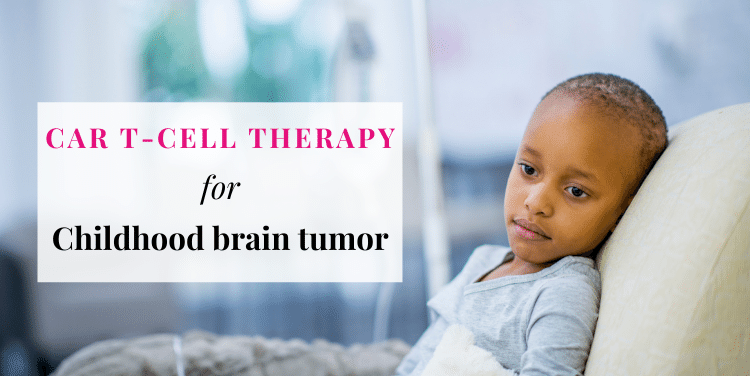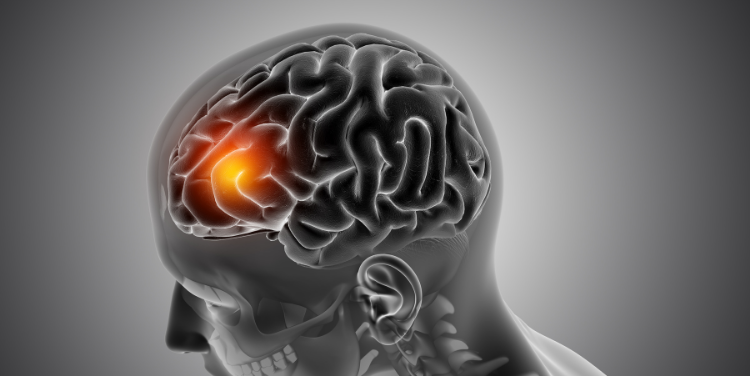Dic 2021: CAR T-Cell therapy is currently approved for some forms of leukemia, lymphoma, and multiple myeloma. Researchers have now also developed the corresponding GD2 CAR T-cell therapy for the treatment of neuroblastoma, i.e., childhood brain tumors. Lung cancer, stomach cancer, liver cancer, breast cancer, and other adult cancers have the highest incidence. When discussing children’s cancer, many people instinctively believe that it is identical to adult cancer.

However, whether it is the cause of cancer or the type of cancer, there is a significant difference between childhood cancer and adult cancer. The most frequent childhood tumour is neuroblastoma, which is more common than lung cancer, gastric cancer, and other cancers. Neuroblastoma can account for half of all cancers in children under the age of five, greatly exceeding the proportion of various malignancies in adult cancers.
Sin embargo, la tasa de supervivencia a 5 años para los pacientes con neuroblastoma aún no es particularmente buena y cerca del 40 % al 50 % de los pacientes aún no pueden lograr una cura a largo plazo. De manera similar, si el tumor regresa, el niño todavía está en riesgo, similar a lo que sucede cuando regresa el cáncer en un adulto.

Is there a new treatment available?
Terapia con células CAR-T has opened up a whole new universe in the field of advanced relapse and refractory B-cell cancers in recent years, and it has also allowed people to witness how effective it can be.
As a result, researchers have created a GD2-CAR-T cell therapy for the treatment of neuroblastoma for the matching target of neuroblastoma. The findings of the clinical study were published in the most recent issue of “Science Translational Medicine.”
Este ensayo incluyó un total de 12 niños con neuroblastoma recidivante/refractario. En general, el medicamento fue bien tolerado y no se observaron efectos secundarios. A pesar de que no alcanzó una respuesta clínica objetiva, los investigadores notaron un beneficio terapéutico real en algunos individuos.
La paciente 25/010 es una niña de 8 años con metástasis de neuroblastoma a gran escala, incluidas metástasis óseas significativas (recurrencia después del tratamiento de cuarta línea). El estado general ha mejorado espectacularmente después de 28 días de Terapia con células CAR-T, y el tejido tumoral también ha mostrado necrosis tumoral generalizada.
Patient 25/013 is a 10-year-old girl who has had five treatments for multiple recurrent localised neuroblastomas. There were tumour nodules in the neck before therapy, but no distant metastases. An MRI showed that the tumour had shrunk after treatment. Following a tumour biopsy, it was discovered that the tumour had significant necrosis.
El paciente 25/018 es un niño de 10 años que tiene un neuroblastoma recurrente que se ha diseminado por todo el cuerpo. Tuvo tres sesiones antes y después, y sus problemas se aliviaron como resultado de las terapias.
However, while this study has demonstrated that the treatment is effective, after experiencing the peak of CAR-T cell therapy, the long-term expansion of CAR-T cells is not visible, making the treatment effect ineffective. It finally resulted in tumour recurrence, however, before that, this therapy helped 013 and 018 live for approximately 5 months longer.
Although this new CAR-T cell therapy cannot match the efficacy and durability of CD19-CAR-T cell therapy in haematological cancers, it demonstrates that CAR-T cell therapy can still be employed in the entity once a suitable target is identified. In the treatment of tumours, it has potent anti-tumor effects. To improve its therapeutic efficacy in solid malignancies, researchers will combine CAR-T activation with immune checkpoint drugs (PD-1 inhibitors).
The safety of this solid tumour CAR-T cell treatment is currently assured. The patient got CRS as a result of the medication, although no major neurotoxic reactions occurred. Medical teams receiving CAR-T cell therapy may soon have to respond to CRS as a matter of course. CAR-T cell therapy still has a long way to go in terms of overcoming solid tumours, but it will get there someday.

